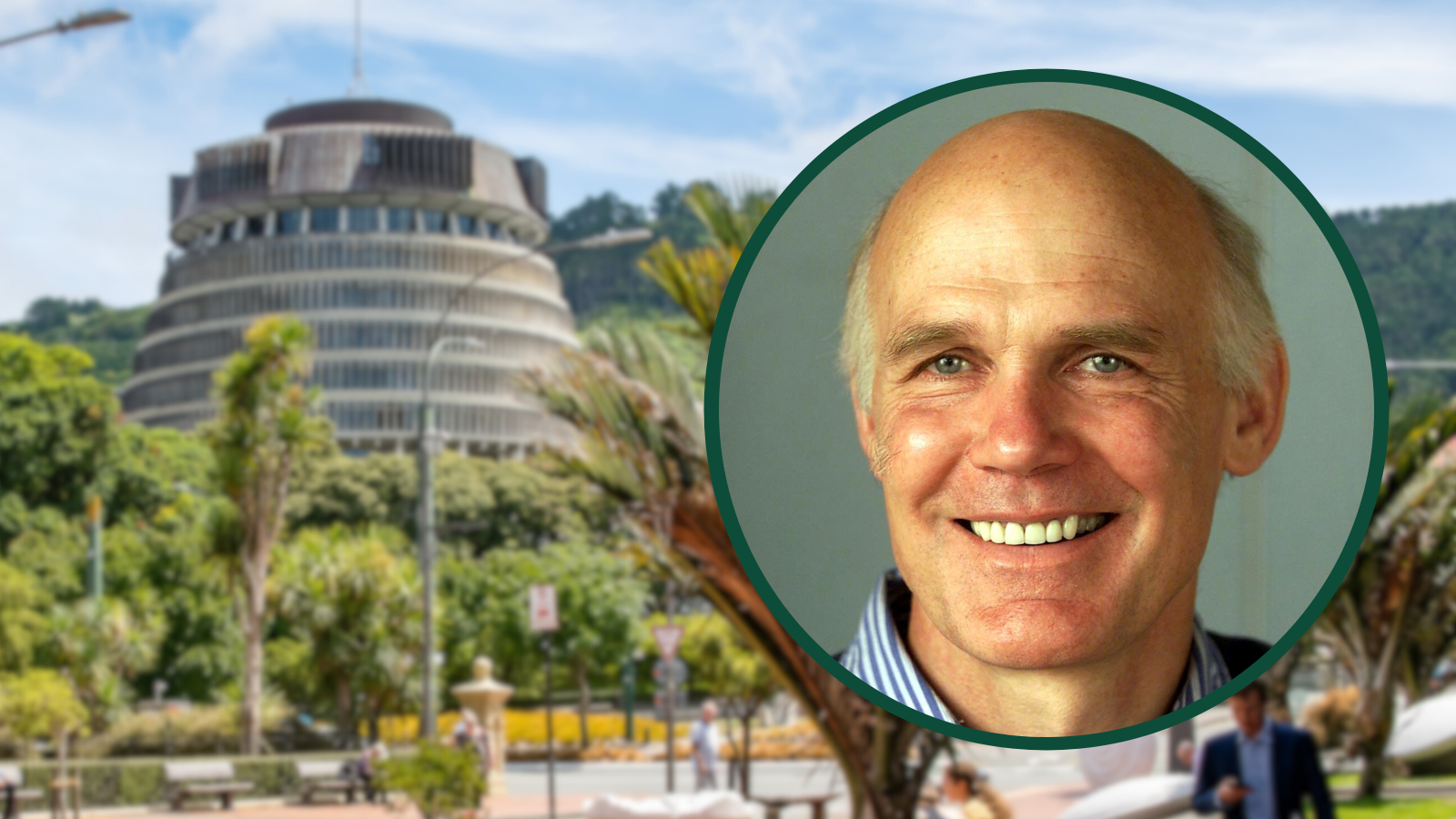
Honorary degrees are awarded to individuals in recognition of their distinguished career, exceptional achievements, and academic distinction. It is one of the highest honours the University can award an individual.
Professor Wade’s research into economic growth, globalisation, income inequality, and the system of inter-state power has provided insights into some of the most significant challenges facing the world. His career spans more than four decades and three continents.
University Chancellor John Allen says Professor Wade is incredibly deserving of this accolade.
“Professor Wade has been highly influential in his field and is sought after for his expertise and insights internationally.
“His research aligns strongly with our mission as a University—to challenge the status quo and act as both a critic and a conscience to society.”
Professor Wade says he is delighted to receive the honorary doctorate, as he joins a distinguished list of recipients, including Ernest Marsden, Jane Campion, Ian Athfield, and Eleanor Catton.
He first completed his Bachelor of Arts majoring in economics at the University of Otago before completing a Bachelor of Arts with First Class Honours at Victoria University of Wellington in 1966.
“This doctorate loops back several decades to that buzzing Economics Honours class, whose members I believe can share in the honour of this award.”
He later moved to the United Kingdom where he continued his postgraduate studies at the University of Sussex, attaining a PhD.
He has since worked as both an economist and professor, and undertaken research fellowships at prestigious institutions in America and Europe. He has held positions at the World Bank, United States Congress, Princeton University, the Massachusetts Institute of Technology’s Sloan School of Management, and Brown University.
In 1999, Professor Wade was appointed Professor of Global Political Economy at the London School of Economics and Political Science where he has worked since.
Throughout his career, Professor Wade says his research has focused on the “classic Adam Smith question”, examining the causes of the wealth of nations and how material prosperity can be spread more widely, in an environmentally resilient way.
“How can the huge gaps in material living conditions between developed countries and most of the countries called ‘developing’ be reduced?
“Much of my research has tried to clarify how these inequalities and insecurities have contributed to the continuing erosion of democratic institutions and rising tensions between states, which block the cooperation needed for solutions to major problems.”
In pursuit of this goal, Professor Wade has examined the reform of state bureaucracies, the functioning of multilateral economic organisations like the World Bank and the International Monetary Fund, and the causes of the exceptional economic success of Northeast Asia.
His book Governing the Market won an American Political Science Association award in 1992 and has since been translated into Chinese, Korean, Japanese, Vietnamese, and Spanish.
In 2008, Professor Wade received the prestigious Leontief Prize for Advancing the Frontiers of Economic Thought, in recognition of his contributions to a distinctly political-economy approach to economic development.
He continues to share his expertise through regular public talks and news articles, inspiring future generations through teaching and supervising postgraduate students.
